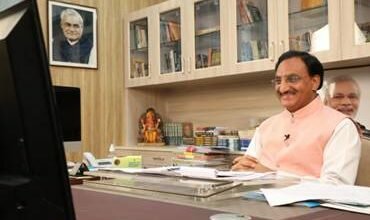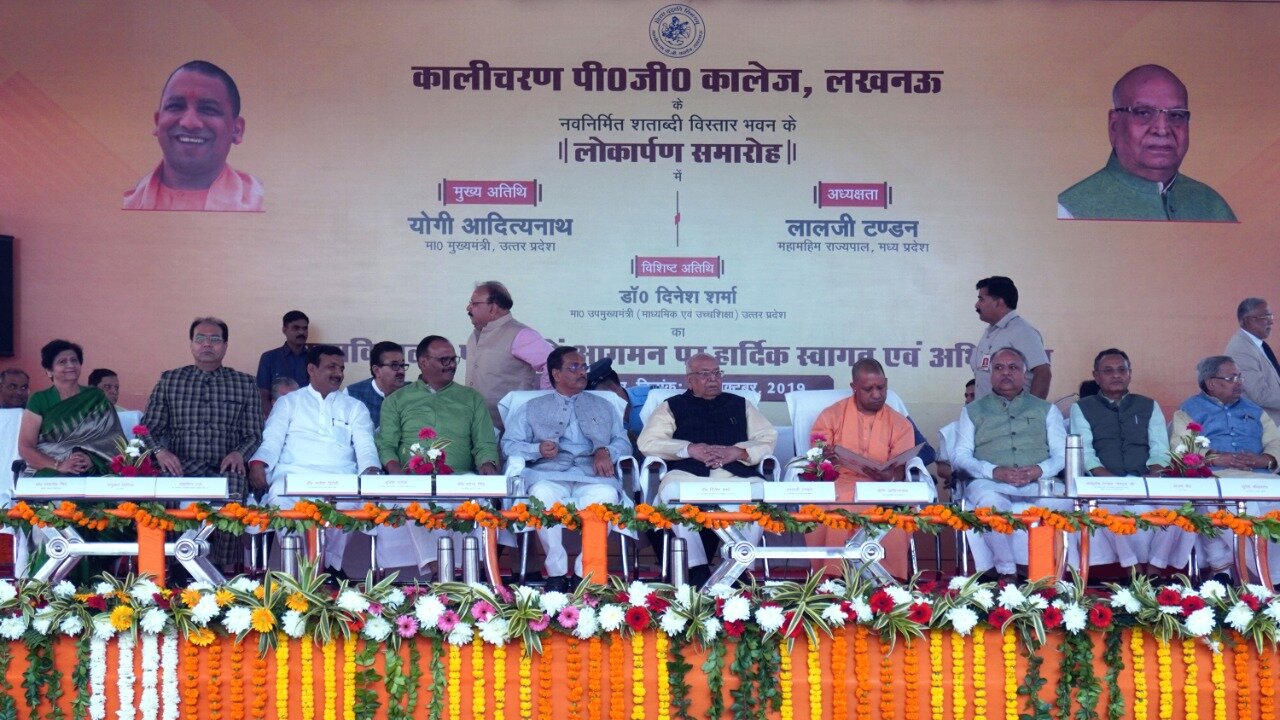AHEAD OF COVID-19, CAIT URGES PM TO ADOPT POLYMER NOTES AS CURRENCY & INTENSIFY DIGITAL PAYMENTS

New Delhi: In the context of current Corona Virus and various epidemics that may occur from time to time, the Confederation of All India Traders (CAIT) on Wednesday sent a communication to Prime Minister Narendra Modi urging him to introduce polymer notes in India and to launch an aggressive national campaign for adoption and acceptance of digital payments in the Country. The suggestion came in the backdrop of a view of the CAIT that usage of paper currency which is the most dreaded carrier for different viruses and infections due to rapid change of hands between unknown people and thus becomes a health hazard.
In its communication to PM, the CAIT said that in line with a large number of Countries of the World who have adopted polymer notes as the official currency, it is also the right time for the Government to adopt polymer notes in place of paper currency which is much safer from the point of view of health and risk of carrying viruses or infection through polymer notes is highly minimal as also its counterfeiting is almost negligible and it has more security features than paper currency. Polymer notes are also able to withstand extreme temperatures. Further, if it is worn out, the polymer banknote can be recycled, so there is a decreased chance of depletion of resources while also resulting in less harm to the environment. Polymer banknotes last significantly longer than paper notes, causing a decrease in environmental impact and a reduced cost of production and replacement
CAIT National President Mr B.C.Bhartia & Secretary-General Mr Praveen Khandelwal while appreciating the steps taken by the Government to protect Country and citizens from COVID-19 which has resulted into very less numbers of people infected with Corona Virus in comparison to its global impact said that “We are of the considered opinion that in pursuance of the call given by the Prime Minister earlier for the adoption of digital payments and making India a less-cash society, it is the time when such initiative should be supported by a massive national drive for adoption and acceptance of digital payments throughout the Country. The CAIT has reiterated its support to the Government for any such drive.
Polymer banknotes are made from a synthetic polymer such as biaxially oriented polypropylene (BOPP) and such notes incorporate many security features not available in paper banknotes, including the use of metameric inks. Polymer banknotes last significantly longer than paper notes, causing a decrease in environmental impact and a reduced cost of production and replacement. Modern polymer banknotes were first developed by the Reserve Bank of Australia (RBA) and the Commonwealth Scientific and Industrial Research Organisation (CSIRO) and The University of Melbourne. They were first issued as currency in Australia during 1988. In 1996 Australia switched completely to polymer banknotes. Other countries that have switched completely to polymer banknotes include Brunei, Canada, Maldives, Mauritiana, Nicaragua, New Zealand, Papua New Guinea, Romania, Trinidad, Tobago and Vietnam. Other countries to introduce polymer banknotes include the United Kingdom, Nigeria, Cape, Verde, Chilli, Gambia, Nicaragua, Mexico, Botswana, North Macedonia, The Russian Federation, Armenia, Solomon Island, Egypt, the Organisation of Eastern Caribbean States (OECS), Morocco, Albania and Cambodia.
Both Mr Bhartia & Mr Khandelwal said that if such small Countries can adopt polymer notes as currency, India is in a more comfortable position to adopt polymer notes in place of paper currency. They have believed that the Government will certainly consider both suggestions of the CAIT.






